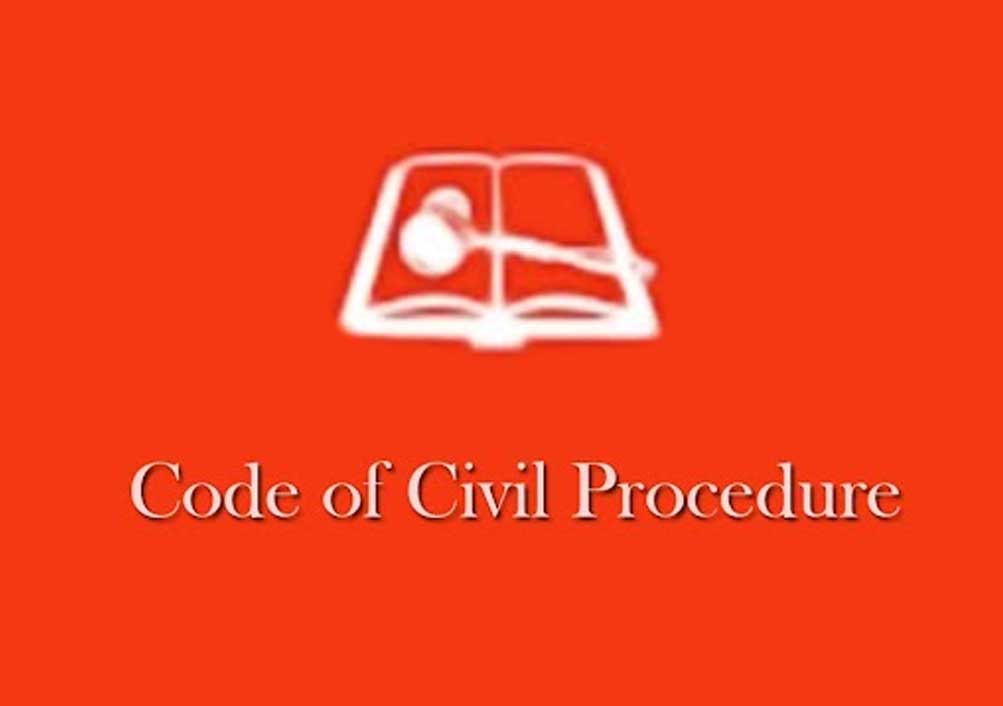No suit shall lie to set aside decree on ground that compromise on which such decree is based was not lawful: Supreme Court

Read Judgment: M/s. Sree Surya Developers And Promoters & Ors. vs. N. Sailesh Prasad & Ors.
Pankaj Bajpai
New Delhi, February 10, 2022: While highlighting that entering into the merits of the validity of the Compromise Decree on the ground that the same was hit by Order XXXII Rule 7 CPC, was not permissible at the stage of deciding the application under Order VII Rule 11 CPC, the Supreme Court has observed that no suit shall lie to set aside a decree on the ground that the compromise on which the decree is based was not lawful.
Considering the reliefs of declaration of title, recovery of possession, cancellation of revocation of Gift Deed, declaration for DGPA and Deed of Assignment-cum-DGPA sought by the Plaintiff, a Division Bench of Justice M.R. Shah and Justice Sanjiv Khanna observed that said reliefs can be granted only if the Compromise Decree is set aside.
Therefore, by asking such multiple reliefs, the plaintiff by clever drafting wanted to get his suit maintainable, which otherwise would not be maintainable, questioning the Compromise Decree, added the Bench.
Going by the background of the case, the suit schedule property was gifted to the Sailesh Prasad (first Respondent) during his minority by his paternal grandmother (second respondent) vide registered Gift Deed, which was later on revoked vide Revocation of Gift Deed. Thereafter a registered Development Agreement-cum-General Power of Attorney came to be executed between the grandmother and Sree Surya Developers and Promoters (Appellant), under which the grandmother was entitled to 35,000 sq. ft. of fixed saleable super built-up area along with proportionate number of car parking spaces and undivided share in the land. This was challenged by the father of first respondent by seeking a declaration that revocation of Gift Deed was illegal and not binding.
Subsequently, a compromise was arrived at between the parties, wherein it was agreed that the first respondent would be entitled to the entire 35,000 sq. ft. of the constructed area, which was agreed to be allocated to the grandmother under the Development Agreement. It was further agreed that the Developer would be entitled to assign the development rights accrued to it under the said Development Agreement to the third parties. Thereafter, the Compromise Decree came to be passed by the VIII Additional Senior Civil Judge.
Later, on attaining the age of majority, the first respondent filed a suit through his General Power of Attorney praying inter alia declaration of right, title and interest over the suit schedule property and declaration of Compromise Decree. The Trial Court however rejected the plaint on the ground that in view of Order XIII Rule 3A CPC, no independent suit would be maintainable against the Compromise Decree. On appeal, the High Court quashed the order passed by the Trial Court rejecting the plaint and remanded the matter to the Trial Court by observing that the effect of the provisions of Order XXXII Rules 1 to 7 CPC has not been considered by the Trial court, which would have a direct bearing on the validity of the Compromise Decree. Hence, this appeal was filed.
After considering the submissions, the Top Court observed that at the stage of deciding the application under Order VII Rule 11 CPC, the only thing which was required to be considered was whether the suit would be maintainable or not and that the suit challenging the Compromise Decree would be maintainable or not.
Therefore, the Trial Court was absolutely justified in rejecting the plaint on the ground that the suit for the reliefs sought challenging the Compromise Decree would not be maintainable, added the Court.
Speaking for the Bench, Justice Shah quoted the decision of the Top Court in Triloki Nath Singh v. Anirudh Singh, (2020) 6 SCC 629, wherein it was held that a party to a consent decree based on a compromise to challenge the compromise decree on the ground that the decree was not lawful i.e., it was void or voidable has to approach the same court, which recorded the compromise and a separate suit challenging the consent decree has been held to be not maintainable.
Therefore, the Apex Court allowed the appeal while clarifying that it had not expressed anything on merits regarding validity of the Compromise Decree and the same had to be decided and considered by the Court which passed the decree in an application under Order XXIII Rule 3A CPC.
Sign up for our weekly newsletter to stay up to date on our product, events featured blog, special offer and all of the exciting things that take place here at Legitquest.




Add a Comment